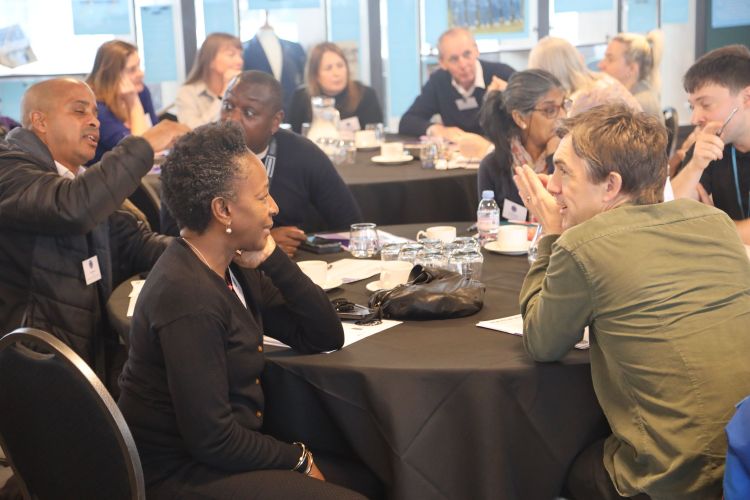
To mark the fifth anniversary of the death of George Floyd, the Active Partnerships Network has shared an update on its work to tackle racism and racial inequality.
In the wake of George Floyd’s death, the network came together, recognised it needed to do more, and in response created and published a commitment to tackling racism and racial inequality.
This commitment confirmed that Active Partnerships wanted to be anti-racist organisations and proactively tackle the racial inequalities that prevent or discourage people from leading active lives.
Since it was published in 2021, the network has been embedding this commitment throughout its activity and following recent progress, it has now unveiled four new outcomes that it is focused on delivering:
The network’s Race Equality Steering Group has been driving this work forward.
Jason Fergus, CEO of Active Essex and joint chair of the steering group, said: “I am really passionate and proud of the work achieved so far.
“Despite being relatively small organisations, Active Partnerships are embedded into so many different sectors and systems across the country, collaborating with others on a daily basis.
“The influence we’re able to have on tackling the racial inequalities that prevent residents from leading active lives is pivotal and shows the true power of sport and physical activity in bringing people together from all backgrounds.”
Steve Nelson, CEO at Wesport and joint chair of the steering group, said: “Our recent activity has focused on refreshing our work plan and how we grow the network’s confidence in tackling racism.
“We are also embedding this work throughout Active Partnerships. It is crucial that employees at all levels feel able to contribute.”
“We know that sport and physical activity can help tackle racism and drive inclusion so that knowledge is central to our efforts.”
Further updates on this work will be provided soon.
Some examples of the work by Active Partnerships since the original commitment was unveiled include:
Communities of practice, where staff from across the network and beyond share learning, progress, and challenges in a combined effort to tackle racism, were also established and have met regularly in recent years.